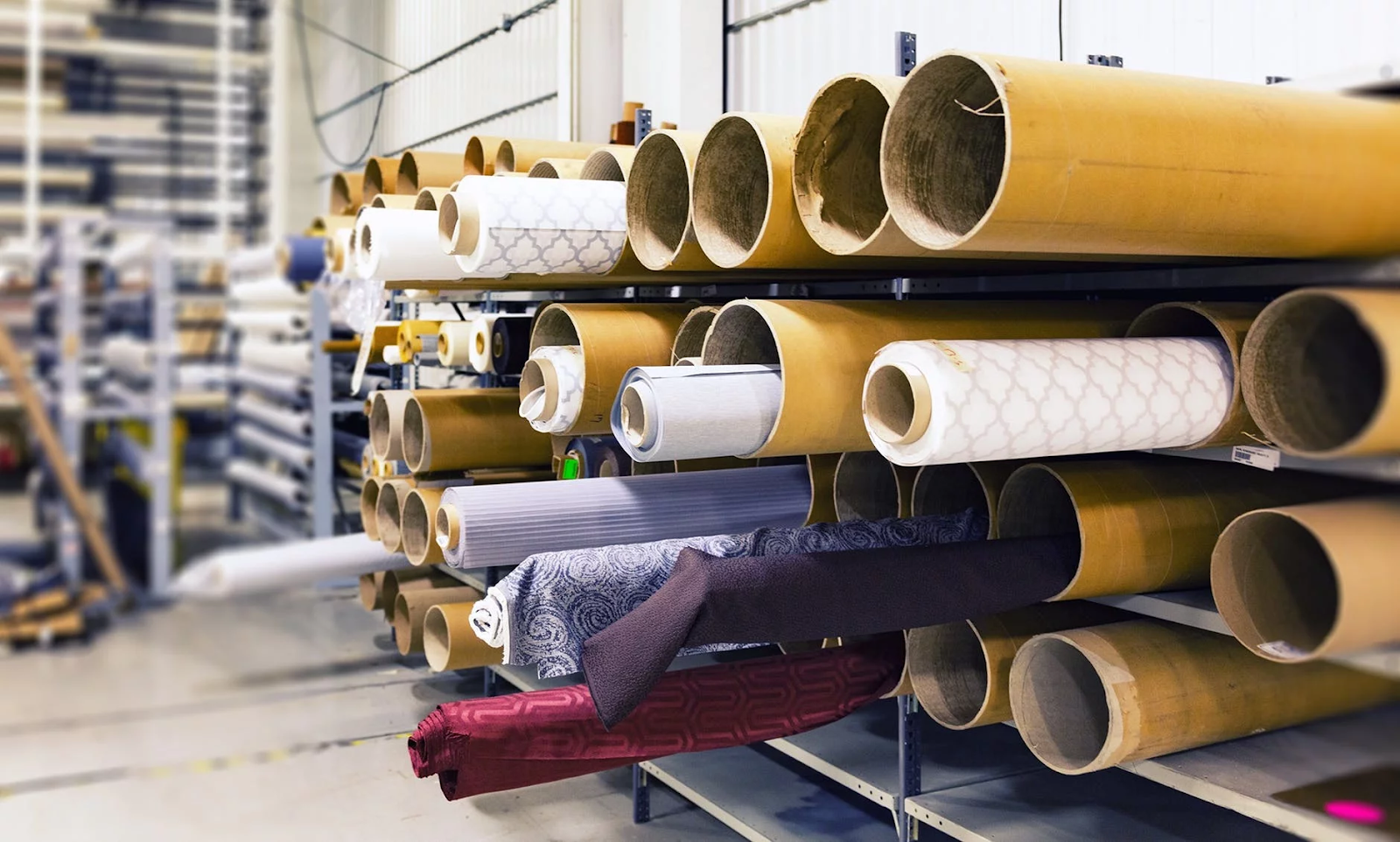
Whether you’re looking for office space for your business or need to diversify your company’s portfolio, real estate is always a good place to start. Commercial property is not only in demand, but it uses the same rules as traditional real estate, which makes it more understandable. After all, most people own a home.
Still, applying for a mortgage and making an offer isn’t the end of the road. As any investor will tell you, there is always a gray area that you need to consider before signing on the dotted line. If you don’t, your ROI might be a lot smaller than you anticipated, negating the investment in the first place.
It’s imperative to understand the expectations before going into negotiations. Therefore, you’ll find ten points you need to consider below. By factoring these into your decision, your investment should go a lot smoother.
What Can You Afford?
The big question always centers on your budget. Big budgets let you shop around for more luxurious spaces, whereas fewer funds put you in a position where you need to be savvy to come out on top. However, the number one rule of any investment is not to bite off more than you can chew.
You want to make a profit, not increase your arrears, which is why the total debt servicing ratio is essential to remember. A TDSR calculator highlights how much of your gross income you can put towards a mortgage without overspending. As a result, you will know what you (roughly) can and can’t afford.
Like a residential property, commercial real estate can start small and suddenly get bigger and bigger. Don’t be lured in by the “dream” offices you assume are must-haves. Instead, recognize what you can work with to make money, either through renting to others or using the space for your business.
Long-Term Versus Short-Term
Not thinking about the length of the contract is a common mistake. After all, you wouldn’t apply for a residential mortgage without researching how long it lasts. No one wants a 25-year loan when a 15-year one will do, and the same applies to commercial real estate.
A positive is that you can opt for longer leases with tenants, tying them into agreements that last for up to 1o years. However, this offers less flexibility should you want to sell for a huge profit halfway through. Also, it puts all your eggs in one basket. If the tenant has money troubles, the lease is essentially worthless.
You have to think of the best ways to keep it occupied, particularly when there will be inevitable down periods where the building is empty. Sometimes, a quick sale is effective as it allows you to exploit the market.
The Type Of Property
When you hear the term “commercial property,” you’ll instantly think of a massive office block that pierces the sky in a packed city. Although offices are common forms of corporate real estate, they aren’t the only options, and this is crucial to understand because it might impact your decision.
For instance, a store is another form of commercial property, as is a market stall or a warehouse. Which of these types has features that benefit you? Have you worked in factories before and are familiar with the operating procedure, for example? The choice is yours, yet you might prefer to avoid physical stores at the moment.
Businesses are going under due to Covid, meaning that even brands such as McDonald’s aren’t paying rent. If one of the biggest companies in the world refuses, there isn’t much chance for a fledgling SME.

Lease Or Buy?
An investment doesn’t have to be a purchase. It’s the most common form, but a lease also counts. The main thing is that you can make money from the deal, which is possible with a rental commercial property.
You might know a friend or peer who requires space for their business. In this case, a sub-lease would work out perfectly, especially if your repayments were low. Or, you might use it solely for your business, adding the rental amounts to your tax returns and deducting the expenses. Lots of companies do this to reduce their yearly contributions.
Paying outright will offer extra flexibility, but it’s expensive. A lease is more affordable, yet it’s a regular fee you need to cover. Both have their pros and cons, and you must ensure you pick the method that suits your terms.
Takeaways
The main takeaway is that you shouldn’t ignore the small details. They aren’t insignificant as they can affect your investment.








